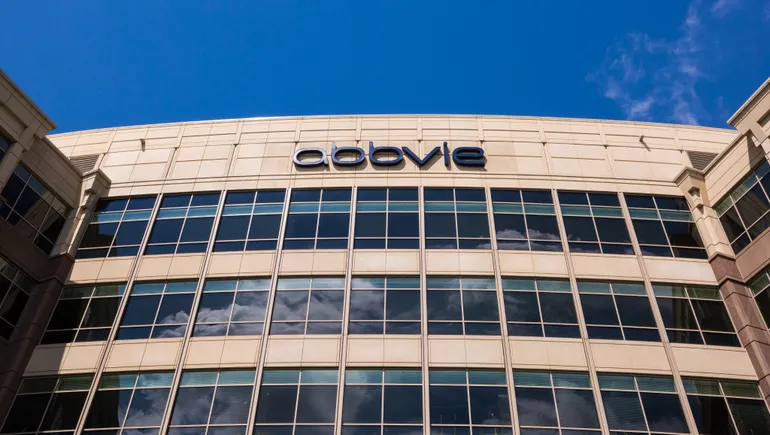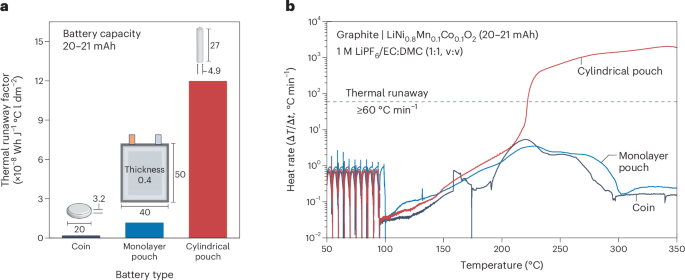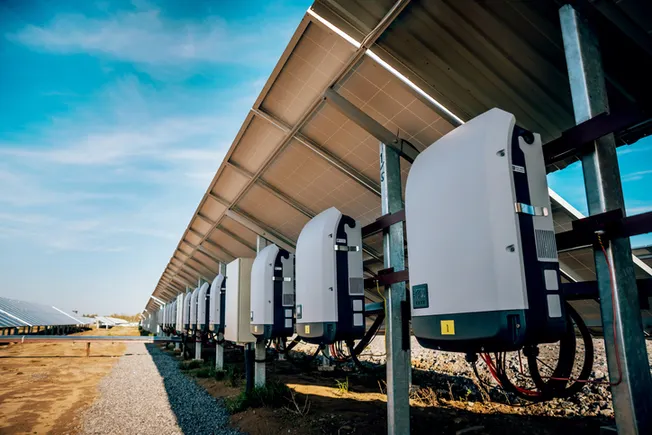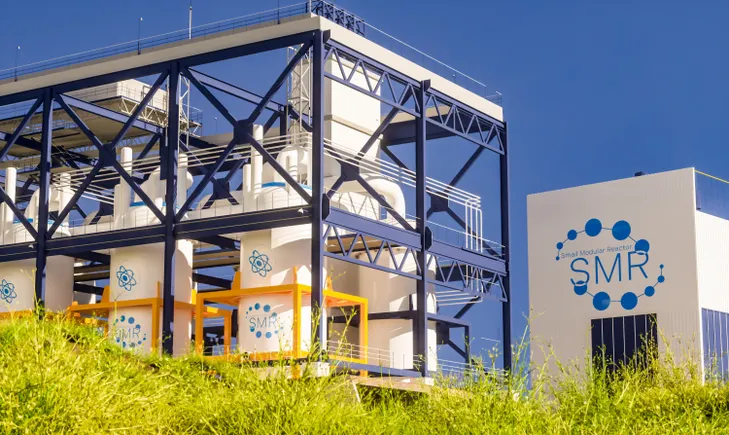Healing Land and Legacy Through Urban Agriculture
Ask someone to imagine a “farm” and they will probably conjure a barn, a silo, rolling hills of crops, and pasture. That is, they will imagine rural areas. But one of the fastest growing – and underutilized – forms of agriculture is happening in America’s cities and suburbs, neighborhoods surrounded by industry, infrastructure, and millions […] The post Healing Land and Legacy Through Urban Agriculture appeared first on National Sustainable Agriculture Coalition.


Ask someone to imagine a “farm” and they will probably conjure a barn, a silo, rolling hills of crops, and pasture. That is, they will imagine rural areas.
But one of the fastest growing – and underutilized – forms of agriculture is happening in America’s cities and suburbs, neighborhoods surrounded by industry, infrastructure, and millions of people.
Urban farms take on as many forms and faces as the residents who sustain them. Some are worked on by community members or local businesses. Others sit on rooftops or vacant lots. City growers are using the latest technologies and the collective hands of their neighbors. But no matter how urban farms are tended, they lead to stronger communities, healthier kids and families, and are good for the environment. We need Congress to deliver investments now that reflect the demand for and value of urban agriculture programs. This is why nearly 200 organizations and farmers requested full funding for the Office of Urban Agriculture and Innovative Production (OUAIP) through a letter sent this week to chairs of the House and Senate Agriculture Appropriations subcommittees.
Urban Agriculture in Action
Consider the comeback story of Detroit. After decades of economic struggle, urban farming plays a central role in its renewal. It is about more than just feeding people; it is about replenishing, conserving, and honoring the land.
From left to right: Parker Jean, Anders “Aer” Johnson, Dylan Polycn, jøn kent, Tony “Tuka” Johnson
Sanctuary Farms in Detroit, Michigan, has demonstrated the economic potential of urban agriculture and been a committed advocate for ongoing support for urban agriculture funding. As the fiscal year (FY) 2026 appropriations process accelerates, jøn kent (the Co-Founder of Sanctuary Farms) shares about his work and the broader effect in Detroit.
“Detroit, like most industrious cities, has experienced soil, water, and air contamination over decades (if not centuries) of extraction and manufacturing. The land stewardship in Detroit is rooted in environmental justice. Practices of permaculture, agroforestry, composting, and other regenerative practices are ubiquitous in the urban ag scene in Detroit.
In particular, composting is a cornerstone of sustainable urban agriculture, playing a crucial role in addressing environmental degradation while fostering community resilience. As a city that has faced extensive industrial pollution, the creation of healthy, nutrient-rich soil is essential for the reclamation of contaminated land. Composting offers a convenient, regenerative solution by transforming organic waste—food scraps, yard trimmings, and agricultural byproducts—into rich, fertile compost that replenishes the soil. There are many that feel this passion in the city from the likes of Renee Wallace and Mark Convington of ReMark Solutions, Ricky Blanding of Scrap Soils, Pashon Murray of Detroit Dirt, Greg Willerer of Brother Nature, and the late Kadiri Sennefer Ra of Detroit Black Food Sovereignty Community Network.
Detroit’s composting initiatives are not only about soil health; they actively combat climate change. By diverting organic waste from landfills, these efforts significantly reduce methane emissions, a potent greenhouse gas released during anaerobic decomposition in landfills. Instead, this waste is harnessed to create a resource that nourishes urban farms, gardens, and green spaces across the city.
Through a commitment to composting and urban agriculture, Detroiters also embody a circular economy, closing the food loop by returning nutrients to the soil in the same spaces where food is grown. We find this work to be ancestral, which has influenced many to become more aware of Indigenous practices, which are more sustainable and in tune with the natural cycle of life. We also are sure to honor the people of the lands we occupy – Council of Three Fires. These practices align with most indigenous principles of reciprocity and care for the earth, echoing the ancestral wisdom of stewards of the land around the world. Urban farms and community organizations in Detroit integrate composting with permaculture and agroforestry techniques, demonstrating how regenerative practices can rebuild ecosystems while fostering food sovereignty.”
The Request to Congress
This commitment to restoring and protecting the land and environment is happening all over the country. Yet so far, Congress has sold urban farming communities short. Support for urban agriculture has largely been limited to local policy, not federal policies like those in the farm bill. It took until 2018 for Congress to enact meaningful support for urban agriculture, creating the Office of Urban Agriculture and Innovative Production in the 2018 Farm Bill.
From left to right: Parker Jean, jøn kent, Tim Campbell (of Agricity)
Unfortunately, the Office of Urban Agriculture and Innovative Production has been significantly underfunded since its founding, receiving an average of 30% of the funding level authorized by Congress. Underfunding, coupled with significant demand for grants, has created a shortfall, leaving the Office able to fund less than 25% of eligible applications. Even with limited funding, however, the Office of Urban Agriculture and Innovative Production has demonstrated initial success. Congress has an opportunity to expand upon this success by taking the following steps.
First, Congress must provide $25 million through the FY26 appropriations process for OUAIP to fully implement all authorized programs and initiatives. Then, Congressional leaders on the House and Senate agriculture committees must prioritize writing and authorizing a farm bill in 2025. It should include permanent funding so the Office can provide certainty for urban farmers and communities and adequately serve program demand. At a minimum, there should be a guarantee of $10 million annually in mandatory funding, with additional funding available, as needed, through the appropriations process.
In the scope of the farm bill, that’s a modest investment. But for millions of families and communities like those in Detroit, the potential harvest is enormous. jøn kent shares,
Detroit serves as a microcosm of the transformative urban agriculture movement thriving across the nation. From Brooklyn to Los Angeles, Black communities and other communities of color are uniting to nourish their neighborhoods, heal the land, and honor the interconnectedness of all life forms that sustain us. This work represents more than food production; it embodies resilience, environmental stewardship, and community empowerment.
We strongly urge this Farm Bill to prioritize and support urban agriculturists serving food insecure communities, enabling them to continue and expand their vital efforts. By investing in these initiatives, we not only address food insecurity and environmental degradation but also honor the legacy and future of communities, shaping a more equitable, sustainable, and transformative food system.
The post Healing Land and Legacy Through Urban Agriculture appeared first on National Sustainable Agriculture Coalition.




















































































































































